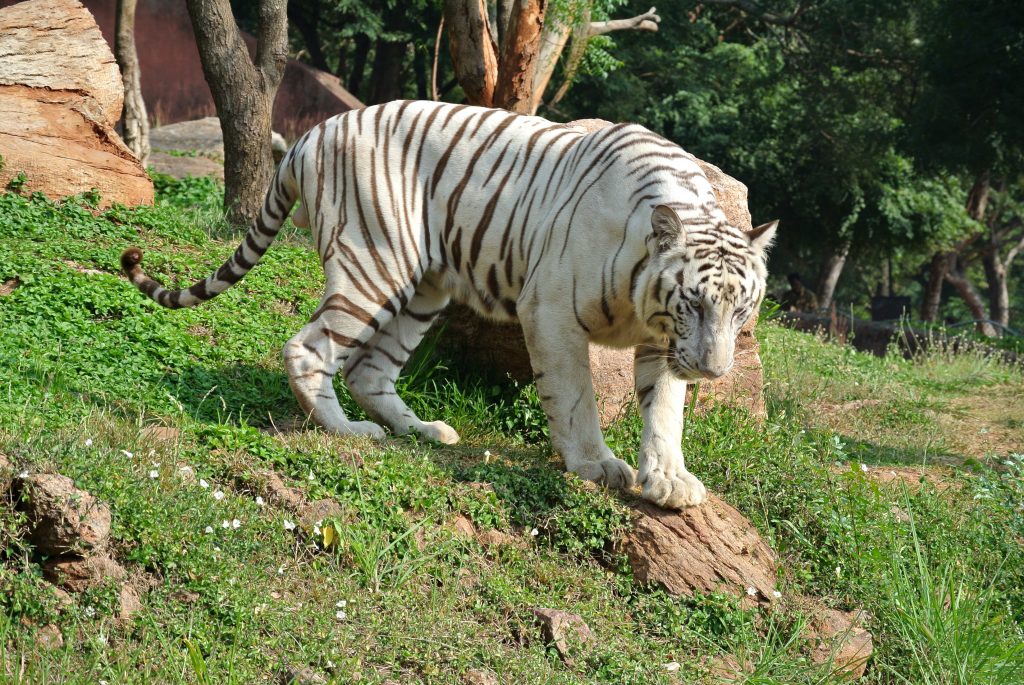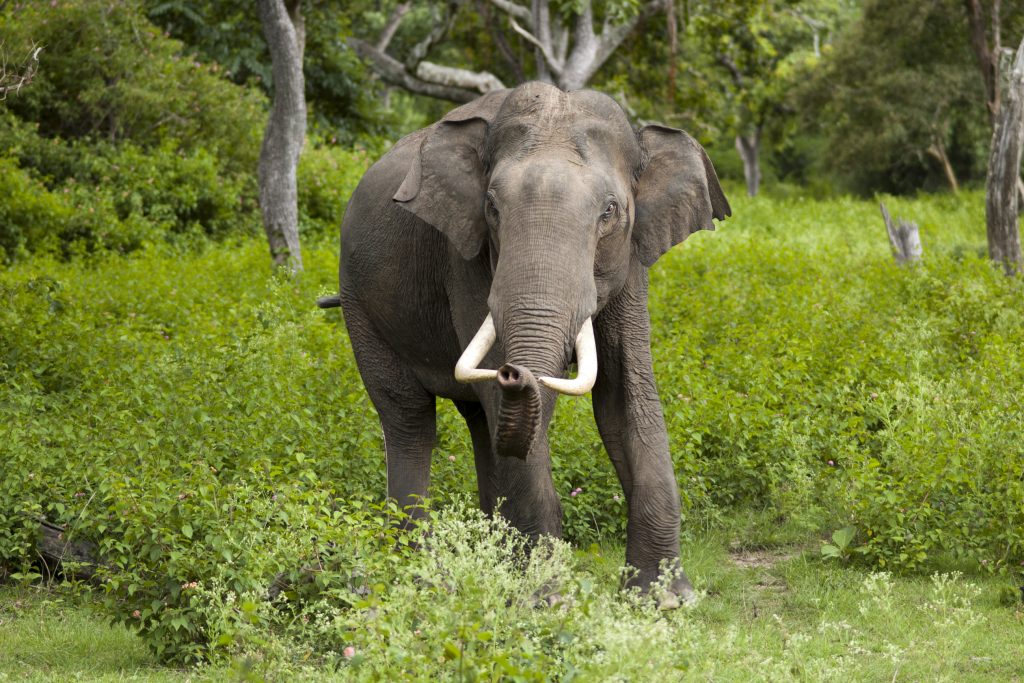“Youth should become ambassadors against wildlife trafficking. Try to reduce the demand of wildlife products. That is the message we want to send to your readers.”
It is well known that wildlife trafficking is prevalent all over the globe. Advertisements and campaigns featuring the most well respected celebrities feature prominently in a clear attempt to inculcate awareness about the gravity of the situation.
In April, shocking figures revealed that more tigers have been killed in the first four months of 2016 than in the whole of 2015. This has raised doubts about whether the country’s anti-poaching efforts are working, as well as highlights the fact that the demand for illegally produced products is increasing. It also illustrates the fact that forest dwellers continue to grapple intense poverty and appear to be ready to risk their lives to earn a livelihood through the products they make from tigers poaching.
To find out more about wildlife trafficking in India, the IPF spoke to the Wildlife Protection Society of India (WPSI). During a brief, but enlightening, conversation with Program Manager Tito Joseph, we uncovered some of the facts and myths around wildlife poaching, as well as the extent of its prevalence, its relevance to the country, and the measures being incorporated to curb its practice.
The WPSI is an organisation that assists the government and other NGOs in conserving endangered species, including wild tigers, elephants. Their Wildlife Crime Database is the most comprehensive in the country and the organisation frequently conduct Wildlife Law Enforcement Workshops for forest police and customs officers, as well as provide information to the National Police Academy, the Central Bureau of Investigation, Customs and Excise, tiger reserve authorities and enforcement training centres.

Poaching driven by the international illegal wildlife trade is the largest immediate threat to the remaining tiger population. [Image credit: Pixabay]
“Organised wildlife crime is a big concern, especially in smuggling of Asian big cat body parts, pangolin scales, turtles and tortoises.”
Despite constitutionally sworn legal protection, many animals are mercilessly killed. Their body parts are then sold at hefty prices, either within the country or in the international black market. However, Tito explained that the situation is worse than most people might imagine.
In fact, the situation is worse than one can imagine. Despite India’s Wildlife Protection Act 1972 imposing a maximum sentence of three years imprisonment or a fine, the law is difficult to enforce. WPSI has recorded more than 900 tiger-related court cases, however, few of these have resulted in convictions, with most pending in courts. According to WPSI’s latest count, only 61 people have ever been convicted for kidding a tiger or trading tiger parts. However, Tito explained that WPSI is attempting to tackle this problem.
“We are assisting enforcement agencies with intelligence inputs as well as providing training and necessary guidance to prosecution in court cases.”

The insatiable demand for ivory has led to the selective slaughter of elephants for their tusks. [Image credit: Yathin S Krishnappa/WikiCommons]
Tito went on to say that WPSI has also started separate schemes for other fauna as well, which is now beginning to be acknowledged by the government and media industry. While Tito noted that the central government was doing a good job and playing their part in the fight against wildlife trafficking, he urged state governments to take better action against the problem.
“Under several schemes like Project Tiger and Project Elephant, the central government is funding states for wildlife conservation. However, the states need to properly utilise the funds in timely manner.”
Tito is hopeful when he talks about the daunting task of protecting all India’s animal species, saying that if agencies and NGOs continue working tirelessly towards the cause, there is hope of revival and conservation. However, he also stressed that the young people of India have an important role to play in combating wildlife trafficking.
He urged young people to spread awareness and educate people about the cause, adding that being brand ambassadors for wildlife conservation is the duty of the youth. By being conscious of the products we by, such as making sure they contain no animal products, as well as reporting any suspicious activity, young people can play a big role in eradicating poaching practices in India.

